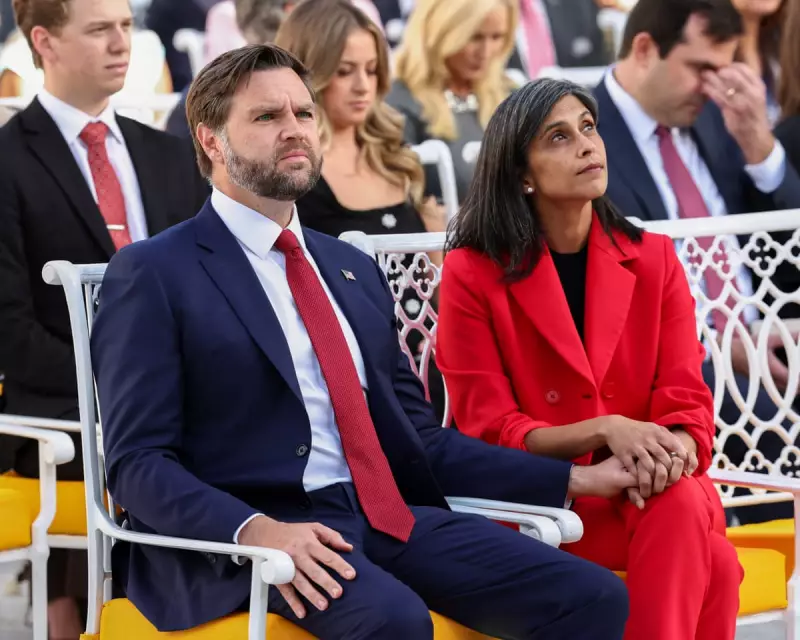
Usha Chilukuri Vance, the wife of Republican vice-presidential candidate JD Vance, has spoken candidly about her profound journey to Christianity, revealing how her conversion reshaped both her marriage and their family's political convictions.
In an exclusive interview, the 39-year-old Yale Law School graduate described her spiritual transformation from religious scepticism to devout Christian faith, a journey that occurred during her relationship with the Hillbilly Elegy author.
From Skepticism to Faith
Usha Vance revealed she wasn't raised in a particularly religious household and approached Christianity with considerable doubt. "I was pretty sceptical of religion in general," she admitted, reflecting on her earlier years.
Her perspective began shifting as she witnessed the genuine faith of Christian friends during her time at Yale Law School. "I saw people who were really serious about their faith, who were also really smart and impressive in other ways," she noted, describing this observation as the beginning of her spiritual awakening.
A Transformative Influence
The conversion proved transformative for both Usha and JD Vance's relationship. She credits Christianity with providing "a shared moral framework" that strengthened their marriage and shaped their approach to parenting their three children.
Her journey mirrors that of her husband, who famously converted from atheism to Catholicism, a transformation that has become central to his political identity and their family's public narrative.
Faith in the Political Arena
As JD Vance campaigns alongside Donald Trump in the 2024 presidential race, Usha's testimony adds depth to understanding the couple's worldview. Her account provides insight into how religious conviction informs their political perspectives and policy priorities.
The interview offers a rare personal glimpse into the life of a woman who has largely remained out of the political spotlight, despite her husband's rapid ascent in Republican politics.
Usha Vance's story of faith represents more than personal transformation—it reflects the growing significance of religious narrative in American political discourse and the power of personal testimony in shaping public perception of political figures.





